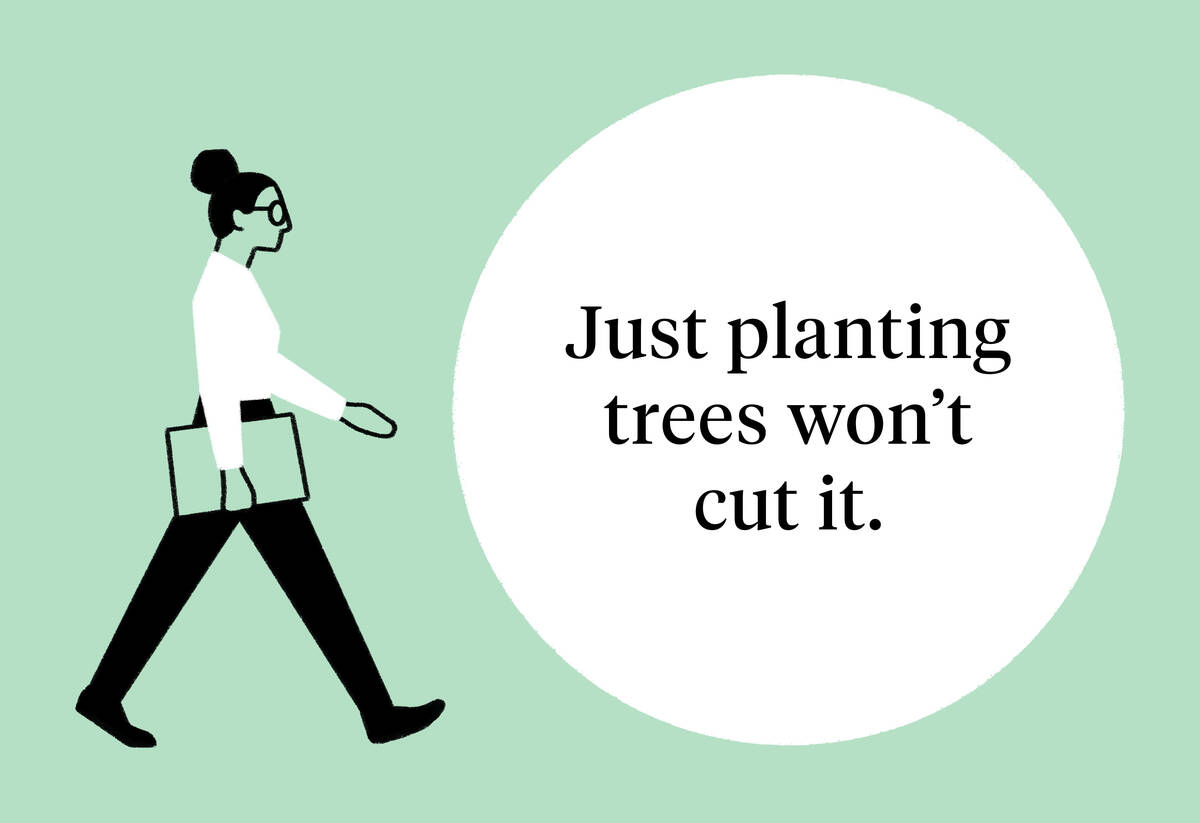Featured Faculty
Lecturer in Kellogg's Social Impact & Sustainability Program; Director of Social Impact & Sustainability

The problems facing society today threaten to wreak havoc on the business world.
How Can Leaders Help Out During the COVID-19 Crisis?
This podcast was recorded before COVID-19 upended business in the U.S. Read here for more tips from Megan Kashner on how companies can help their communities right now.
Climate change could disrupt supply chains, while rising income inequality could cut into your customer base, or lead to political instability that devastates markets. Meanwhile, investors and customers alike increasingly expect companies to source products responsibly, treat workers fairly, and help combat the warming of the planet.
Which is why leaders need to step up and help solve these problems. Megan Kashner, director of social impact at the Kellogg School, shares three ways that leaders in the private sector can be part of the solution.
Note: The Insightful Leader is produced for the ear, and not meant to be read as a transcript. We encourage you to listen to the audio version above. However, a transcript of this episode is available here.